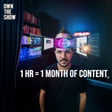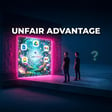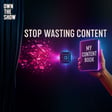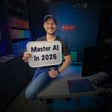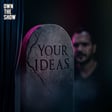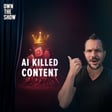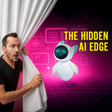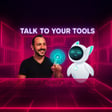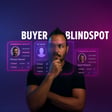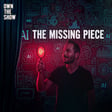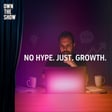
Behind the Beat: How AI is Changing Music w/Maya Ackerman PhD
In this episode of the AI-Driven Marketer, Dan Sanchez delves into the intriguing intersection of AI and music with Dr. Maya Ackerman, CEO and co-founder of WaveAI. They explore how AI is not just infiltrating every aspect of our lives but is also revolutionizing the music industry by transforming the songwriting process. From foundational machine learning to computational creativity, Dr. Ackerman shares her journey from academia to entrepreneurship, highlighting how her personal experiences and challenges in songwriting led to the creation of WaveAI's groundbreaking tools, LyricStudio and MelodyStudio. Discover how these AI-driven platforms empower musicians, enabling them to create music more efficiently and expressively. This conversation sheds light on the ethical considerations, the future of AI in music, and the balance between technology and human creativity.
Episode Timestamps:
00:00 - Introduction to the transformative role of AI in music with Dr. Maya Ackerman.
01:01 - Dr. Ackerman's journey from academic research to pioneering AI in music.
04:32 - Understanding how LyricStudio and MelodyStudio work and their unique approach to aiding musicians.
06:22 - The non-invasive, artist-centric design philosophy behind WaveAI's products.
08:05 - The training processes and creative foundation of WaveAI's AI models.
10:18 - The role of 'hallucinations' or creative freedom in AI's music composition.
13:20 - Addressing the challenges and limitations musicians face with AI.
17:22 - Success stories and the transformative impact of WaveAI's tools on musicians.
19:57 - Advice for musicians skeptical about integrating AI into their workflow.
22:12 - How to get started with WaveAI's tools, and the accessibility of LyricStudio and MelodyStudio.

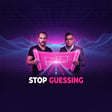

![What’s Your Authority Score? [The 5-Factor Test] image](https://media.zencastr.com/cdn-cgi/image/width=112,quality=85/image-files/630c9f06819f8b3dba5fa460/cfbaccba-f587-45de-a41f-e2c99c15e2a5.png)
![The Audience Growth Engine [Full Framework] image](https://media.zencastr.com/cdn-cgi/image/width=112,quality=85/image-files/630c9f06819f8b3dba5fa460/46b84fd1-e856-4687-9aee-6b4a7e0bc7ff.png)
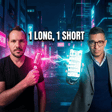
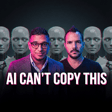
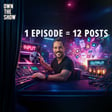
![The "Dream 100" Execution Plan [Google Sheet System] image](https://media.zencastr.com/cdn-cgi/image/width=112,quality=85/image-files/630c9f06819f8b3dba5fa460/fcd89374-76a4-4e58-a2e3-2bb7ddda4364.png)
